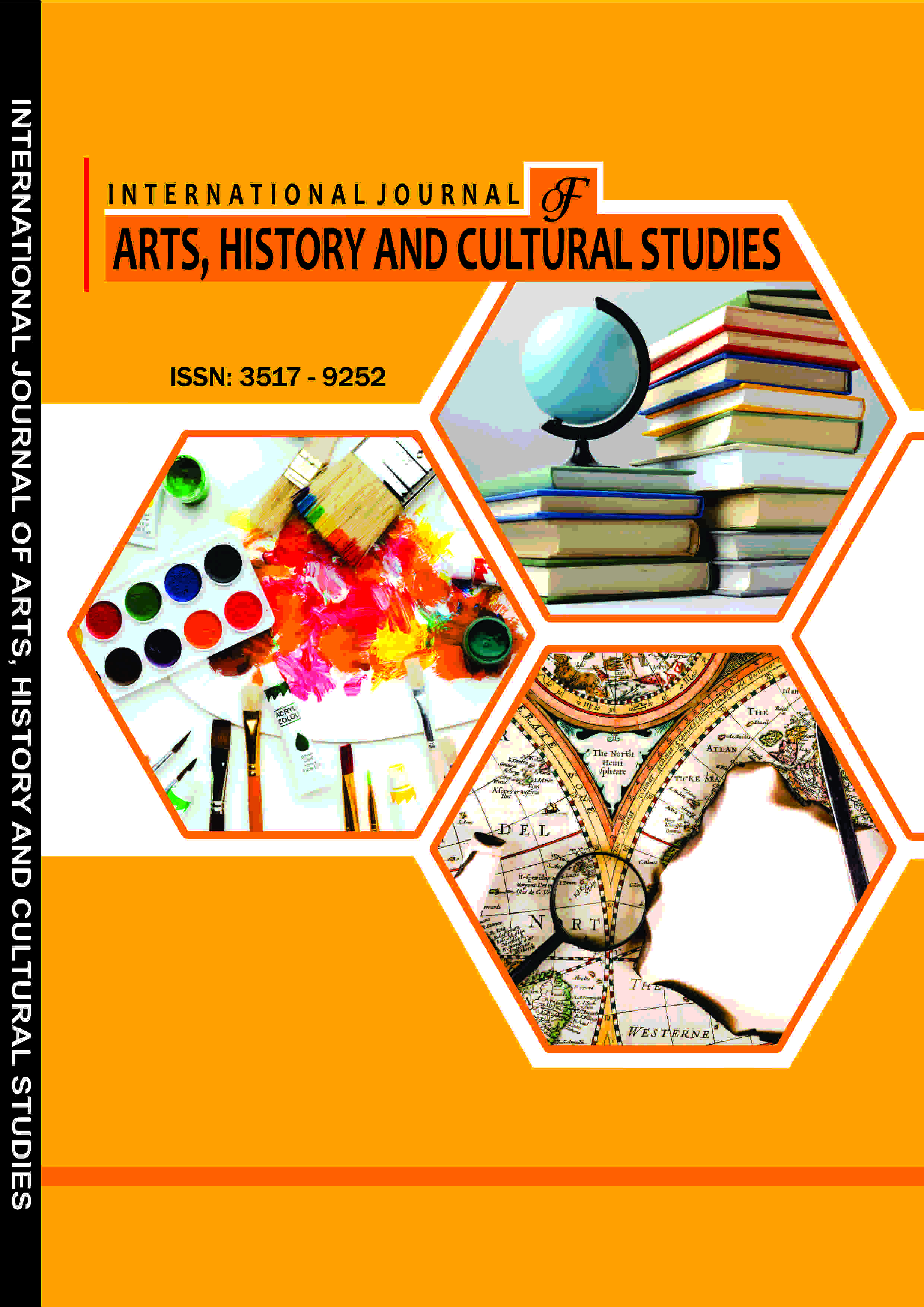INTERNATIONAL JOURNAL OF ARTS, HISTORY AND CULTURAL STUDIES (IJAHCS)
Institutional Quality in the Nexus between Foreign Trade and Economic Growth in Nigeria
E-ISSN: 2695-1886
P-ISSN: 3517-9252
DOI: https://iigdpublishers.com/article/368
International trade, a trade between a country and another is expected to spur socio-economic advantages for the participants according to international trade theories. The optimism in such economic interaction is that it will activate sustainable growth in the economy of the countries without due consideration for the state of the institutional structures available in the different economies. In this light, this study investigated the role played by institutional quality on the effect that international trade can have on the economic growth of Nigeria with data on the gross domestic growth rate, exchange rate, financial development, and institutional quality from 1991 to 2021. The study adopted the autoregressive distributed lag (ARDL) and Granger causality approaches as estimation techniques. The study found out that there is long and short run relationship among the variables. Foreign trade weakly affects economic growth negatively in the long run, but positively in the short run, financial development significantly affects economic growth positively in the long run. Institutional quality interacts positively with trade to affect economic growth significantly in the long run, while the exchange rate also influences economic growth in the short run. The study therefore, recommends that the Federal government of Nigeria should enhance the institutional quality in the country both in the short and long run, especially the control of corruption so that there will be a free flow of goods and services for international trade.
Olurin Enitan Olurotimi PhD & Osunkoya Michael PhD
Acemoglu, D., Johnson, S., & Robinson, J. A. (2005). Institutions as a fundamental cause of long-run growth. Handbook of economic growth, 1, 385-472.
Adeleye, J. O., Adeteye, O. S., & Adewuyi, M. O. (2015). Impact of international trade on economic
growth in Nigeria (1988-2012). International journal of financial research, 6(3), 163-172.
Ahmad, M., Ahmed, Z., Yang, X., Hussain, N., & Sinha, A. (2022). Financial development and
environmental degradation: do human capital and institutional quality make a difference? Gondwana Research, 105, 299-310.
Alam, M. M., & Murad, M. W. (2020). The impacts of economic growth, trade openness, and technological progress on renewable energy use in organizations for economic cooperation and development countries. Renewable Energy, 145, 382-390.
Ali, A., & Audi, M. (2018). Macroeconomic environment and tax revenues in Pakistan: an application of ARDL approach. Bulletin of Business and Economics (BBE), 7(1), 30-39.
